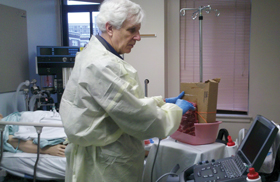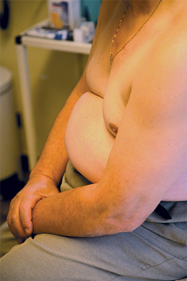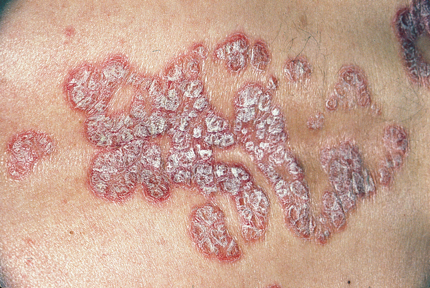Internal Medicine 2011 offers several new pre-courses
New offerings at ACP's annual meeting will include learning how to use portable ultrasound technology, the anatomy behind and diagnoses of common orthopedic complains, and an expanded neurological course including headache, dizziness and stroke.
Attendees who don't arrive at the San Diego Convention Center until the opening ceremony will have already missed some new features of the conference.
On Tuesday, April 5, and Wednesday, April 6, several pre-courses will be held for the first time. First up on Tuesday is “Bedside Hand-Carried Ultrasound-Guided Thoracentesis and Paracentesis,” a day-long, hands-on course that will teach internists how to use hand-carried ultrasounds, new tools that are dropping in price and gaining in popularity.

“I believe that bedside hand-carried ultrasound should be a part of a general internist's toolkit the same way that a stethoscope or a Maglite or a tongue blade is,” said course director Roger W. Bush, FACP, who is associate director of internal medicine residency at Virginia Mason Medical Center in Seattle.
One day of instruction won't make participants into ultrasound experts, but the technology isn't hard to learn, according to Dr. Bush. “It's pretty darn easy,” he said. “If you can run a Droid or an iPhone, you can do it. My hope is people come out ready to consider the possibility that this technology belongs in their organizations or their practices, and can more reliably know where to put the needle.”
Additional anatomy will likely be provided by the pre-course on medical orthopedics, a one-day session offered on both Tuesday and Wednesday. Scheduled topics include epidemiology of common orthopedic diagnoses, diagnostic maneuvers for typical complaints, and basic joint and tendon anatomy.
The neurology pre-course will also take place on both Tuesday and Wednesday, an expansion from previous years. “There's different content in each day,” said Barbara Licht, ACP's director of educational meetings and conferences. “If you want to do a lot of neuro, do both days. If you want to do a mix and match of one day neuro, one day something else, see which day suits your needs.” Tuesday's topics include headache, dizziness and stroke, while seizures, multiple sclerosis and brain tumors will be discussed on Wednesday.
Also new this year is a Wednesday pre-course in hospital medicine, which will kick off Internal Medicine 2011's expanded hospitalist track. “Between the pre-course and over 40 sessions focusing on inpatient care, there is always something for hospitalists at the meeting,” said Ms. Licht.
Early meeting attendees can also work toward recertification in half-day ABIM Maintenance of Certification Learning Sessions. “You can do two modules in a day, and over the course of two days, we're doing four different modules, so a physician can really make a dent fulfilling his or her Maintenance of Certification requirements,” Ms. Licht said. Other returning pre-courses will cover cardiology, diabetes and advances in therapy.
The full meeting will lead off with a keynote speech by Richard J. Baron, FACP, on Thursday at 9:30 a.m. Dr. Baron is the president of Greenhouse Internists, a Philadelphia practice of five general internists that has participated in a demonstration project of the patient-centered medical home, which he will discuss.
Thursday, Friday and Saturday will be filled with a wide assortment of sessions, running from 7:30 a.m. to 5:30 p.m., with topics ranging from the management of gout to how to use social media to engage patients. Popular formats such as Multiple Small Feedings of the Mind, Clinical Pearls and Breakfast or Lunch with the Professor (small group discussions with an expert) will also return.





